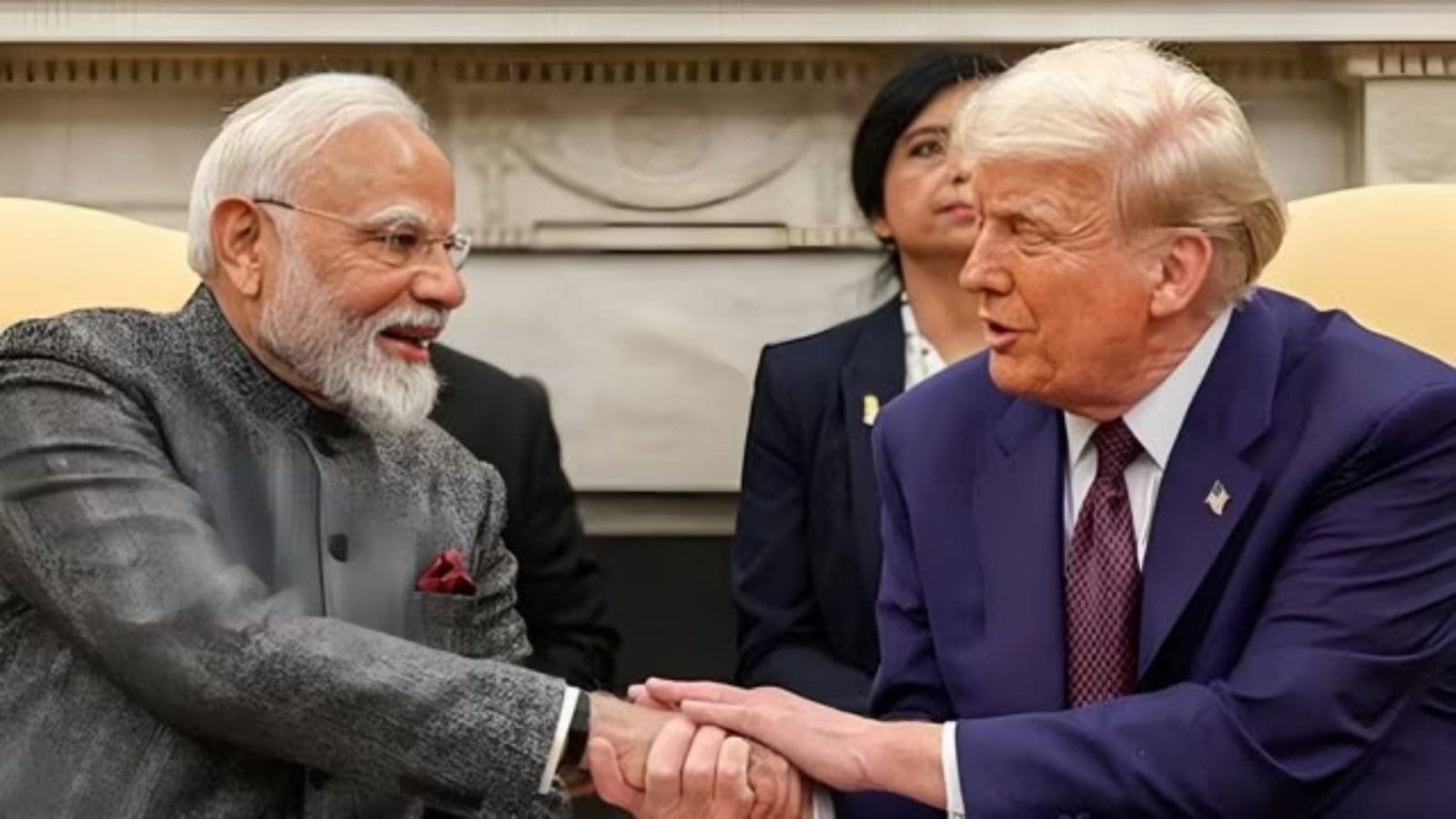
China's Rare Earth Impact on India-US Trade Deal
China's recent restrictions on rare earth exports have significant implications for global trade dynamics, particularly for India and the United States. With Indian negotiators, including Commerce Secretary Rajesh Agrawal, currently in Washington, the timing appears crucial for advancing discussions that have stagnated for months. The political environment is ripe for collaboration, particularly in the context of shared concerns over critical minerals.
US Treasury Secretary Scott Bessent's assertion that China's new export controls reflect a "China versus the rest of the world" scenario underscores the urgency of forming alliances. He emphasized the importance of support from countries like India, Europe, and other Asian democracies to counter China's trade dominance. This sentiment highlights India’s strategic importance as a partner for the US, especially amidst escalating trade tensions between the US and China.
Despite facing high tariffs on its products, India has signaled its willingness to boost energy imports from the US, potentially alleviating some of the economic pressures caused by the tariffs. A recent phone call between Prime Minister Narendra Modi and US President Donald Trump, along with meetings involving the newly appointed US Ambassador, has reignited momentum towards a long-awaited trade agreement. Experts suggest that the US is now more inclined to negotiate a deal with India, given the constraints imposed by China's tighter control of rare earth exports.
Reports indicate that there is an 80% overlap between the critical minerals identified by the US and India, showcasing a significant opportunity for cooperation. Minerals like thorium and various rare earth elements are available in India, and collaborative ventures could strengthen ties further. However, differences in mining and extraction priorities pose a challenge. The US focuses on mining, while India emphasizes research and sustainable alternatives due to its limited domestic resources.
China's dominance in the global critical minerals market creates a complex landscape. While this situation presents an opportunity for India to attract US investments, it also raises concerns about potential coercion from China as India deepens its relationship with the US. Regulatory and environmental hurdles complicate the mining processes in both nations, necessitating careful coordination to achieve mutually beneficial outcomes.
As the US and China engage in broader trade tensions, the potential for a grand bargain between them could pose risks for India. Observers note that China’s export curbs could be a strategic move in negotiations, affecting how the US approaches its trade policies. The evolving scenario indicates that timing and strategy will be vital for India as it navigates these intricate negotiations with the US.











